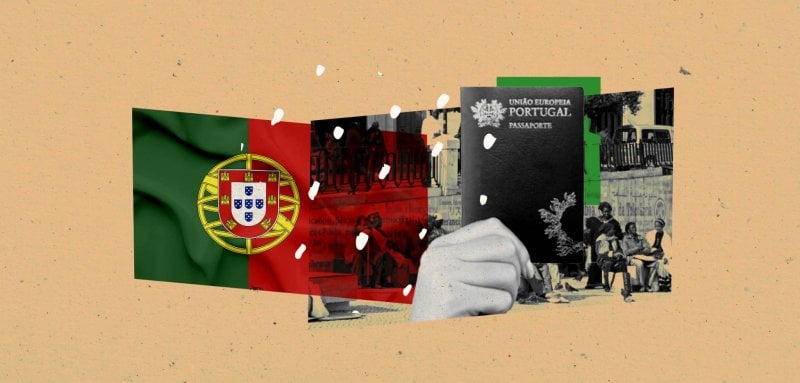Portugal's approach to immigration is under scrutiny as the Agency for Integration, Migrations, and Asylum (AIMA) grapples with a backlog of 350,000 residency applications as of October 2023.
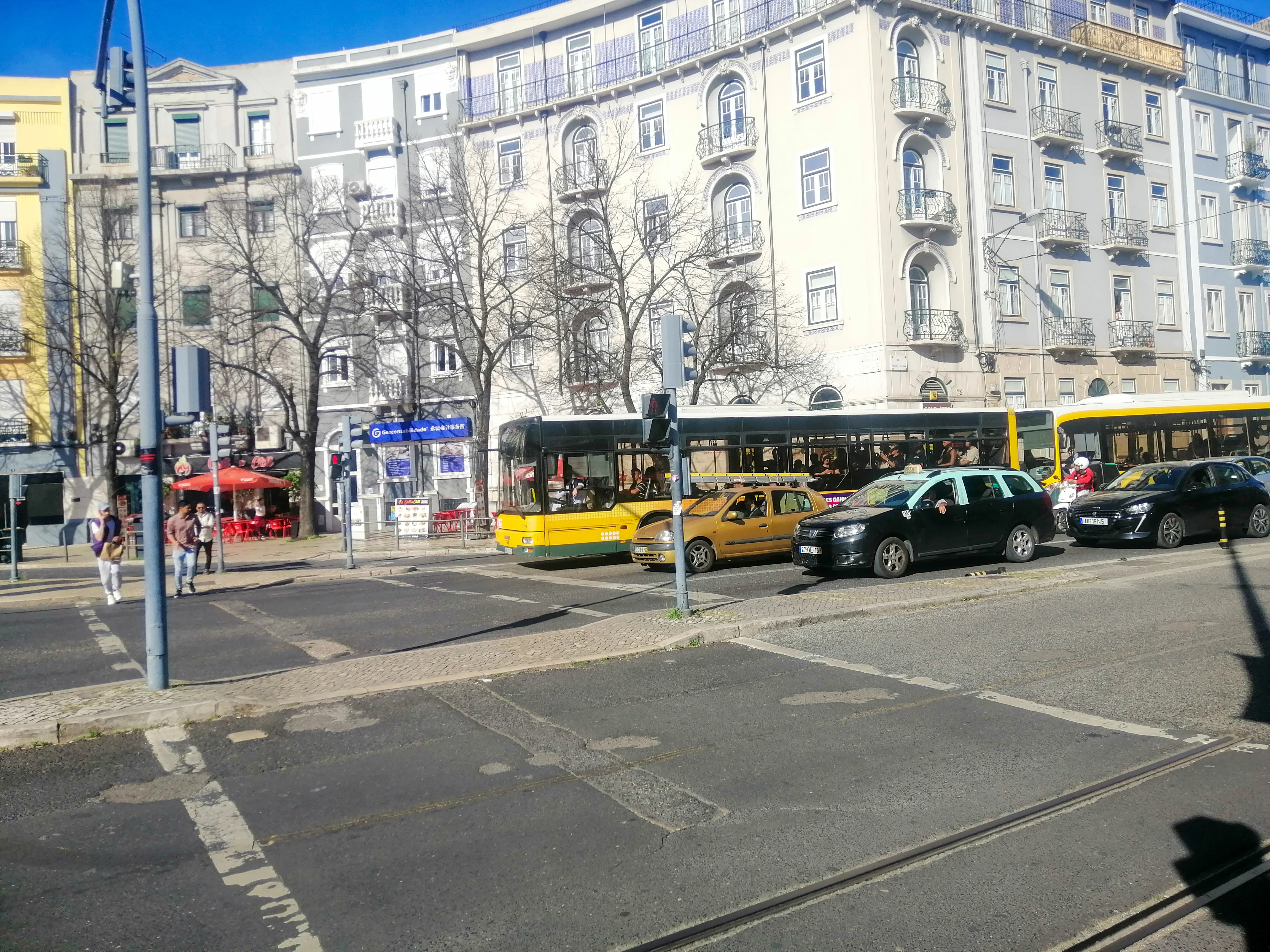 Lisbon, Portugal — Photo by Mustafa Maher
Lisbon, Portugal — Photo by Mustafa Maher
Despite this, the country is renowned for its migrant-friendly policies, offering pathways to European residency and citizenship. Once settled, migrants can freely traverse the Schengen Area for up to two years, with the opportunity for renewal and eventual Portuguese citizenship after five years.
The lack of transparency, coupled with bureaucratic inefficiencies, continues to impede the integration of migrants into Portuguese society.
Immigrants save Portugal’s economy
The country's declining population, highlighted in a March 2024 survey, presents a pressing issue. With figures now at 10,347,892, a decrease of approximately 214,000 since 2011, Portugal faces economic and social strains. Ojo, a former bank director now working at a vocational institute, reflects on Portugal's potential, lamenting its lack of strategic vision in harnessing immigrant contributions. He tells Raseef22, "Portugal could be a major European country by developing a strategy regarding immigrants, bringing significant financial flows, working in various key professions, and paying taxes."
Moroccan and Algerian migrants constitute significant communities in Portugal, both legally and illegally. Mohammed Al-Dhahabi, a Moroccan immigrant, shares his challenges, including exorbitant housing costs and job scarcity.
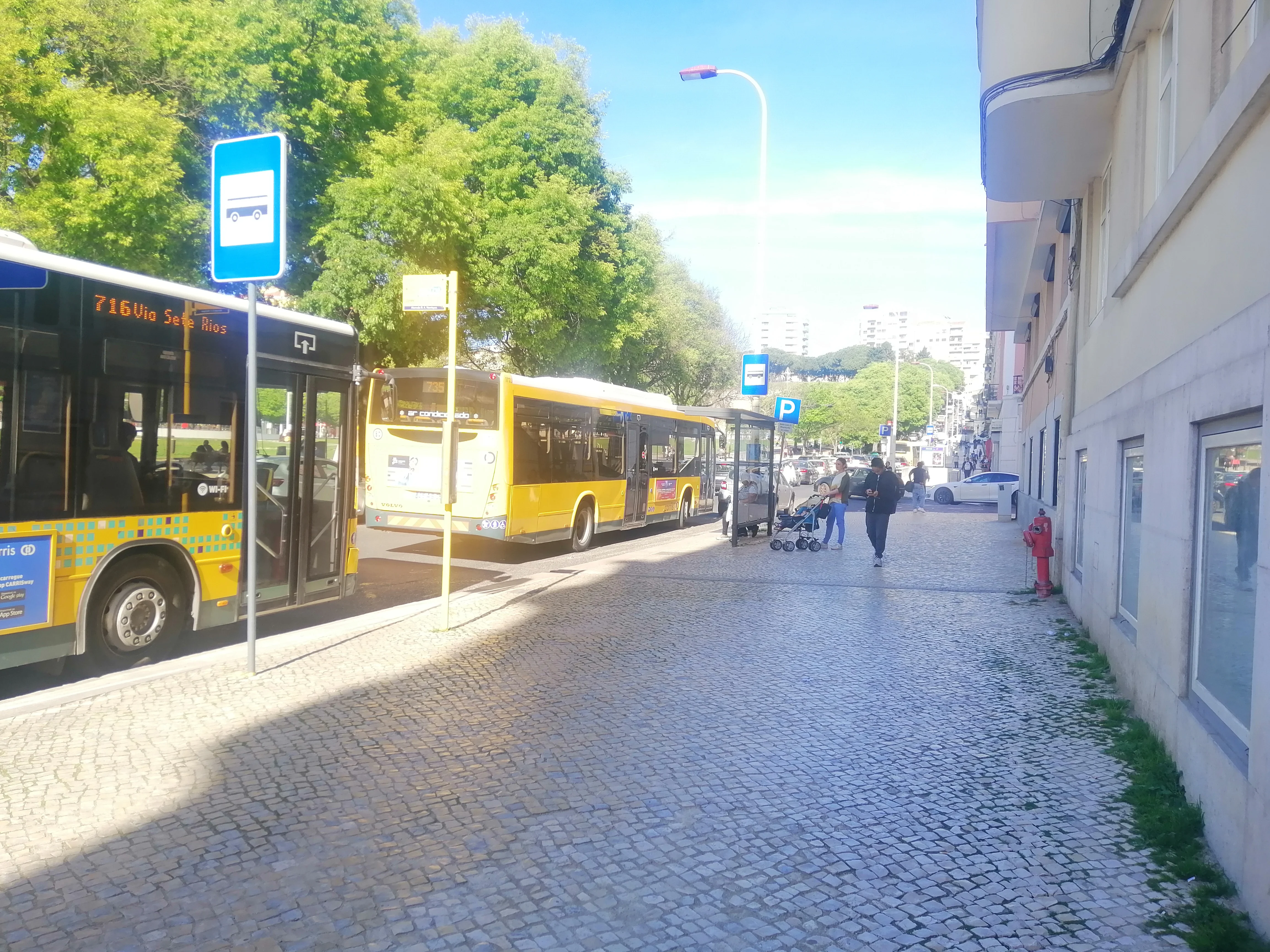 Lisbon, Portugal — Photo by Mustafa Maher
Lisbon, Portugal — Photo by Mustafa Maher
He emphasizes the difficulties immigrants encounter in navigating Portugal's bureaucracy: "I expected things to go smoothly, but since the beginning of my time in Lisbon, I've encountered great difficulty. For example, I’ve struggled to find a room to sleep in. There is a severe shortage of decent room offers, with many rates reaching up to 450 euros per month."
"Portugal could be a major European country by developing a strategy regarding immigrants, bringing significant financial flows, working in various key professions, and paying taxes."
Chaotic and procedures
The residency process is marked by confusion and exploitation. Immigrants face long waits and fluctuating costs for legal assistance. Disparities among immigration offices exacerbate frustrations, with wait times varying from a week to over seven months. Walid, from Lebanon, recounts his struggles, navigating conflicting regulations and risking losing years of effort due to bureaucratic hurdles.
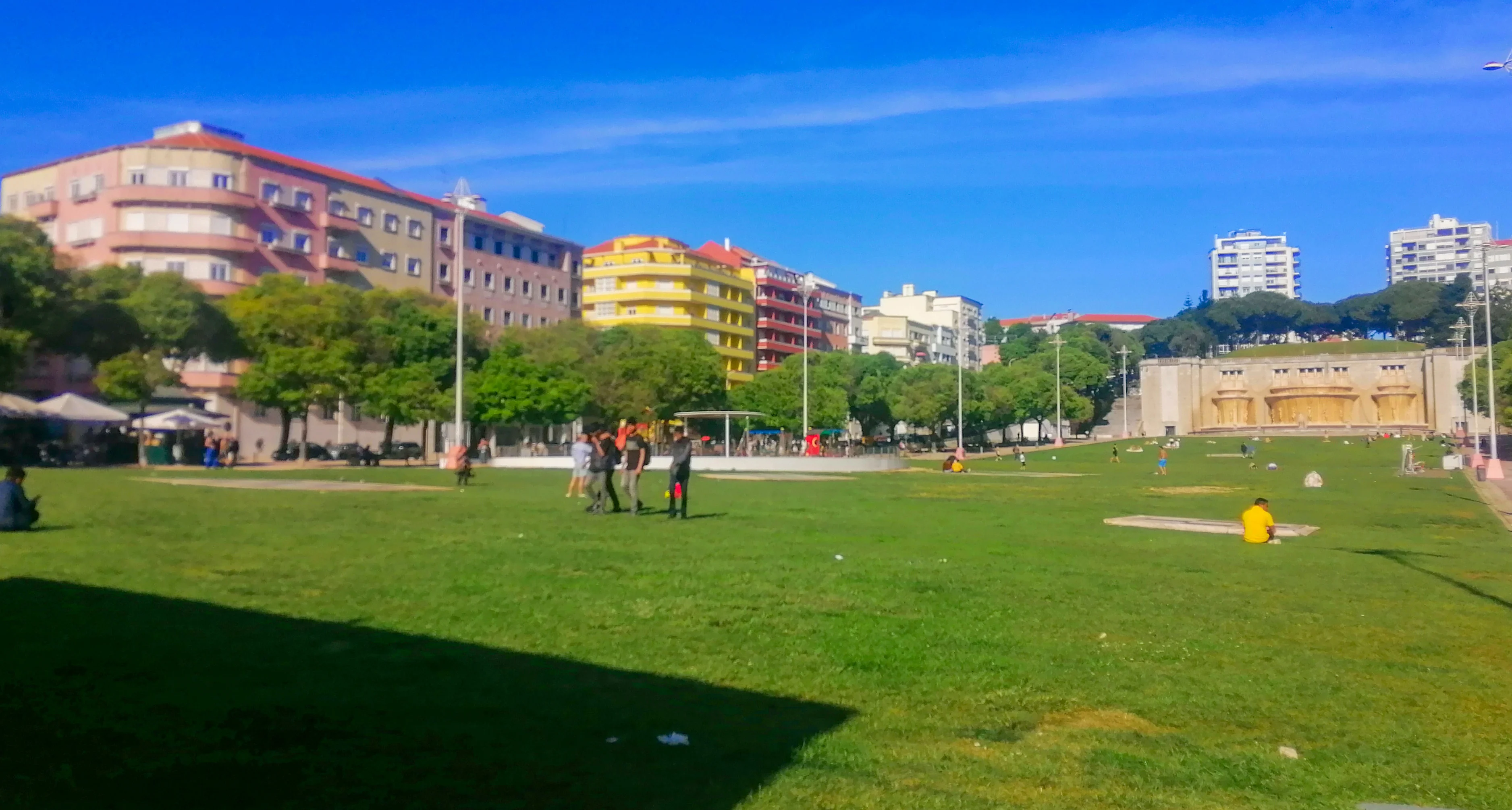 Lisbon, Portugal — Photo by Mustafa Maher
Lisbon, Portugal — Photo by Mustafa Maher
Return to Lebanon?
Walid's journey is emblematic of the challenges many immigrants face in Portugal. After arriving on a student visa, he and his friend faced uncertain futures when their visas expired. Despite enrolling in a Portuguese language course to extend their stay, they encountered resistance from immigration officials. Walid shares, "I had to go to an immigration office in a city about 60 km away from the capital, and there the immigration officer refused to even look at my papers from the start, objecting to my field of study."
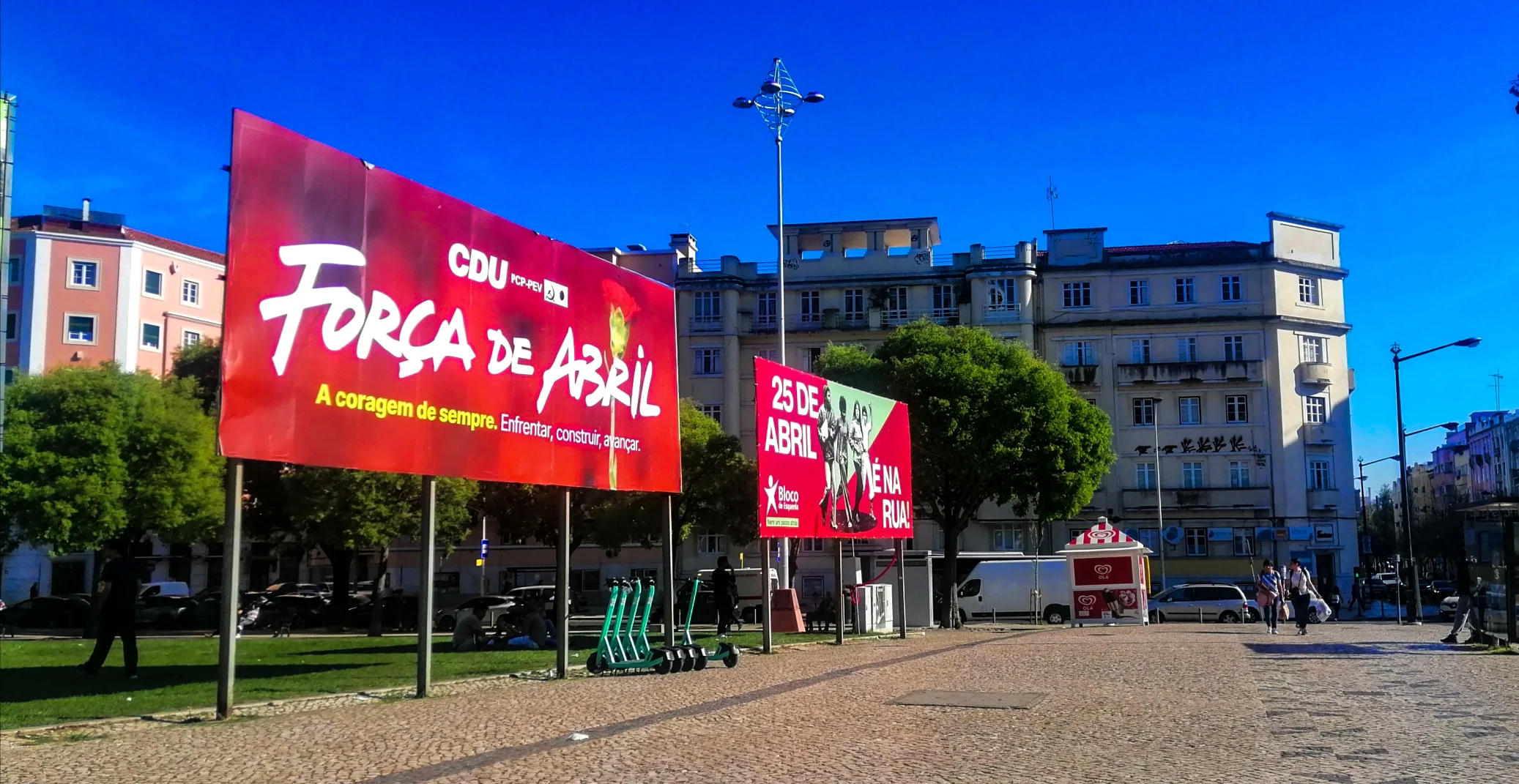 Lisbon, Portugal — Photo by Mustafa Maher
Lisbon, Portugal — Photo by Mustafa Maher
Walid’s friend, on the other hand, found a more receptive reception elsewhere, highlighting the arbitrary nature of the immigration process.
President Luís Gois Pinheiro acknowledges the agency's shortcomings, citing a backlog of 350,000 applications and systemic challenges in transitioning between bureaucratic systems. Pinheiro outlines priorities to streamline the process, including resolving documentation issues, promoting language acquisition, creating job opportunities, and aiding refugee integration. He stresses the importance of digital services in expediting the process, stating, "Providing digital services would accelerate the processing of files and improve the user experience."
Despite Pinheiro's initiatives, tangible improvements remain elusive for many Arab immigrants awaiting residency in Portugal. The lack of transparency, coupled with bureaucratic inefficiencies, continues to impede the integration of migrants into Portuguese society. The stories of Walid and others like him underscore the urgent need for reform to ensure a more equitable and efficient immigration system.
Raseef22 is a not for profit entity. Our focus is on quality journalism. Every contribution to the NasRaseef membership goes directly towards journalism production. We stand independent, not accepting corporate sponsorships, sponsored content or political funding.
Support our mission to keep Raseef22 available to all readers by clicking here!
Interested in writing with us? Check our pitch process here!
